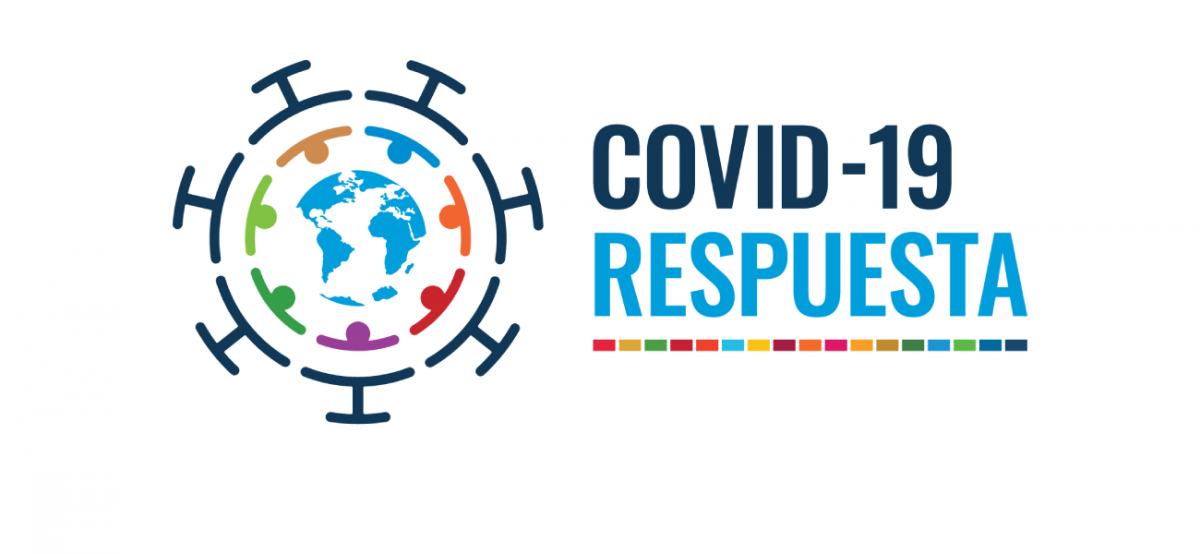In the current crisis caused by the COVID-19 pandemic, developing countries find themselves vulnerable, needing help to prioritize people’s health and face the expected economic crisis as a result of confinement measures to contain contagion.
The Organisation for Economic Co-operation and Development (OECD) and donor countries are working together to make this year’s donations favorable, since according to official data, collected from official development agencies, it totaled to USD 152.8 billion in 2019, an increase of 1.4% in real terms since 2018.
Quoting OECD Secretary-General Angel Gurría, he notes that: “This increase in the global development effort is an important first step, especially now since we have an additional duty to increase support to the countries that are facing the most severe impacts of the coronavirus crisis.”
The OECD Development Assistance Committee (DAC), on April 9th, issued a joint statement that recognized Official Development Assistance (ODA) and its significant support of developing countries impacted by the COVID-19 crisis, thus establishing a commitment on the part of the members to protect ODA budgets.
The OECD Secretary-General, together with the Administrator of the UN Development Programme, called on both the International Community and CAD members to act urgently to quickly help those that are most vulnerable. In this way, they are able to focus on health systems, the most vulnerable, and enforce efficient coordination to ensure the necessary humanitarian aid.
On April 15th, there was a virtual meeting of the G20 and central banks, where Secretary Gurría urged world leaders to act immediately, formulating the “Global Marshall Plan” to counter the effects of the Pandemic and highlighting the effects the confinement has had on the economies.
The OECD is working on the development of a platform of the states of fragility, where the spread of COVID-19 is tracked in specific places that require humanitarian aid. In addition, it is being analyzed to alleviate debt and other financial mechanisms for developing countries, such as supporting donors who support the women who serve as most health workers and care workers, as well as research into new medicines or vaccines, among others.
The OECD has taken important policy steps for data collection to address the emerging health, economic, and social crisis. This includes covering priority issues, such as health, education and taxes, providing guidance, and focusing specifically on vulnerable sectors of society and the economy. The objective of these analysis measures is to provide long-term data, to provide responses, and the means for countries to coordinate them.
For more information on OECD’s work, visit their new policy centre: http://www.oecd.org/coronavirus/es/
For more information, visit the following website: http://www.oecd.org/development/oecd-and-donor-countries-working-to-focus-development-efforts-on-covid-19-crisis-building-on-a-rise-in-official-aid-in-2019.htm?utm_source=Adestra&utm_medium=email&utm_content=Read%20more&utm_campaign=OECD%20Development%20News%20%20-%20April%202020&utm_term=demo

